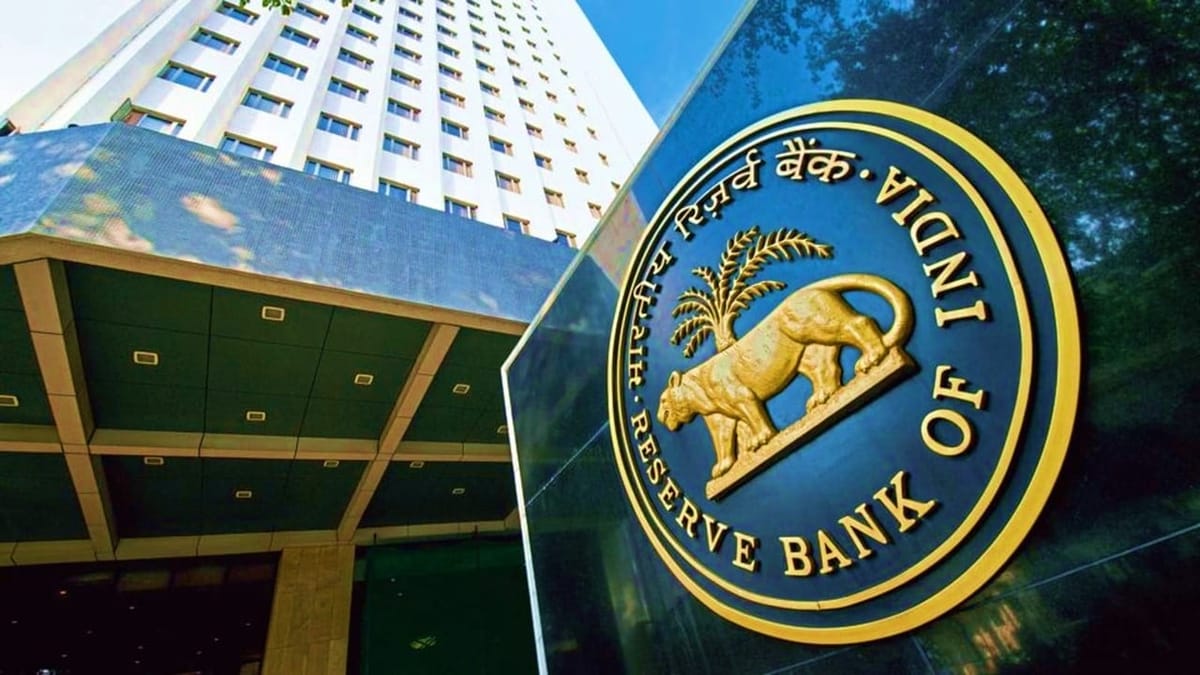Reetu | Aug 13, 2022 |

RBI Cancels Licence of Co-operative Bank; Check Reason and Name of Bank Here
The Reserve Bank of India (RBI) has cancelled the licence of “Rupee Co-operative Bank Ltd, Pune” vide order dated August 08, 2022.
The order will take effect six weeks from now in accordance with the Hon’ble High Court of Bombay’s order from September 12, 2017 in Writ Petition No. 2938 of 2014 (Bank Employees Union, Pune vs. The State of Maharashtra & Ors.) with Writ Petition No. 9286 of 2017 (Naresh Vasant Raut & Ors. Vs. The State of Maharashtra & Ors.).
Consequently, beginning on September 22, 2022, the bank will no longer conduct banking operations. A winding-up order for the bank and the appointment of a liquidator have both been obtained from the Commissioner for Cooperation and Registrar of Cooperative Societies in Maharashtra.
Reserve Bank cancelled the licence of the bank as:
The bank lacks sufficient capital and earning potential. As a result, it doesn’t adhere to the rules of Sections 11(1) and 22(3)(d) read in conjunction with Section 56 of the Banking Regulation Act, 1949.
The bank has failed to comply with the requirements of Sections 22(3) (a), 22(3)(b), 22(3)(c), 22(3)(d) and 22(3)(e) read with Section 56 of the Banking Regulation Act, 1949;
The interests of the bank’s depositors are harmed by the bank’s continued existence.
The bank with its present financial position would be unable to pay its present depositors in full; and
If the bank is permitted to continue operating as a bank, the public interest would suffer.
With effect from September 22, 2022, “Rupee Co-operative Bank Ltd, Pune” will no longer be allowed to conduct “banking” activities, which include, among other things, accepting deposits and repaying deposits as defined in Section 5(b) read with Section 56 of the Banking Regulation Act, 1949, as a result of the cancellation of its licence.
Each depositor is entitled to receive a deposit insurance claim amount from the Deposit Insurance and Credit Guarantee Corporation (DICGC) upon liquidation, up to a maximum of Rs. 5,00,000 (Rupees five lakh only), subject to the requirements of the DICGC Act, 1961.
According to information provided by the bank, DICGC is required to pay more than 99% of depositors their full deposits. As on May 18, 2022, the DICGC had already paid out Rs.700.44 crore of the total insured deposits in accordance with Section 18A of the DICGC Act, 1961, based on the expressed willingness of the relevant bank depositors.
In case of any Doubt regarding Membership you can mail us at [email protected]
Join Studycafe's WhatsApp Group or Telegram Channel for Latest Updates on Government Job, Sarkari Naukri, Private Jobs, Income Tax, GST, Companies Act, Judgements and CA, CS, ICWA, and MUCH MORE!"